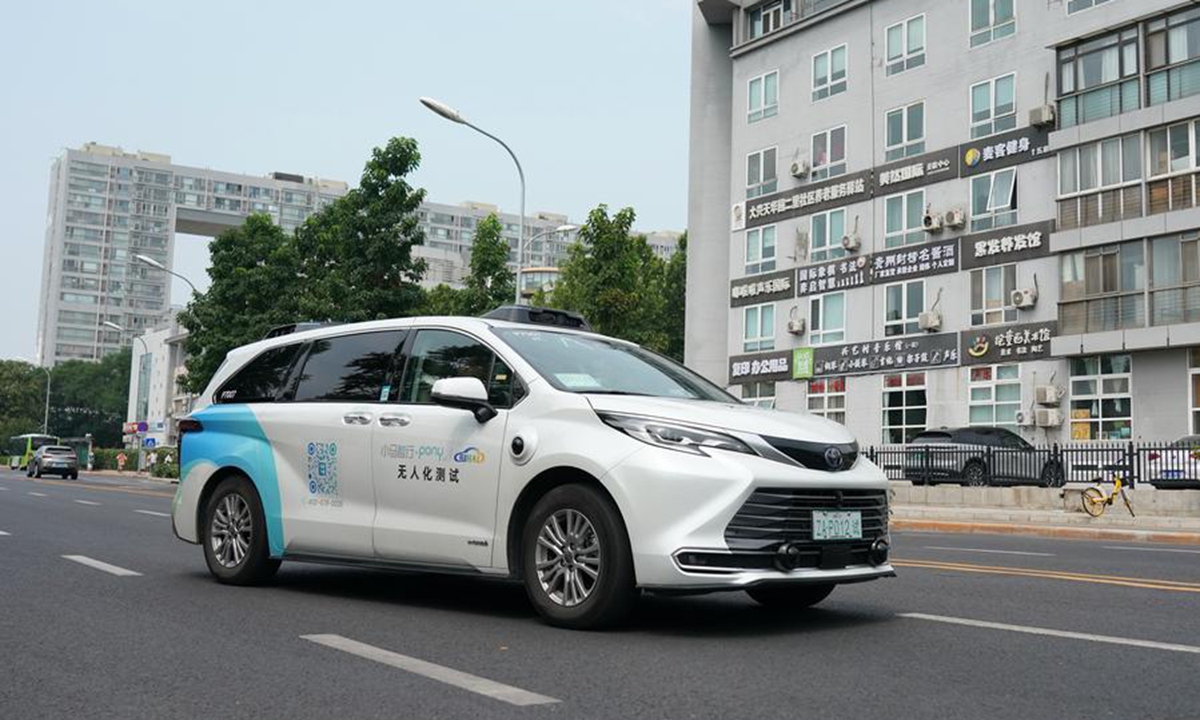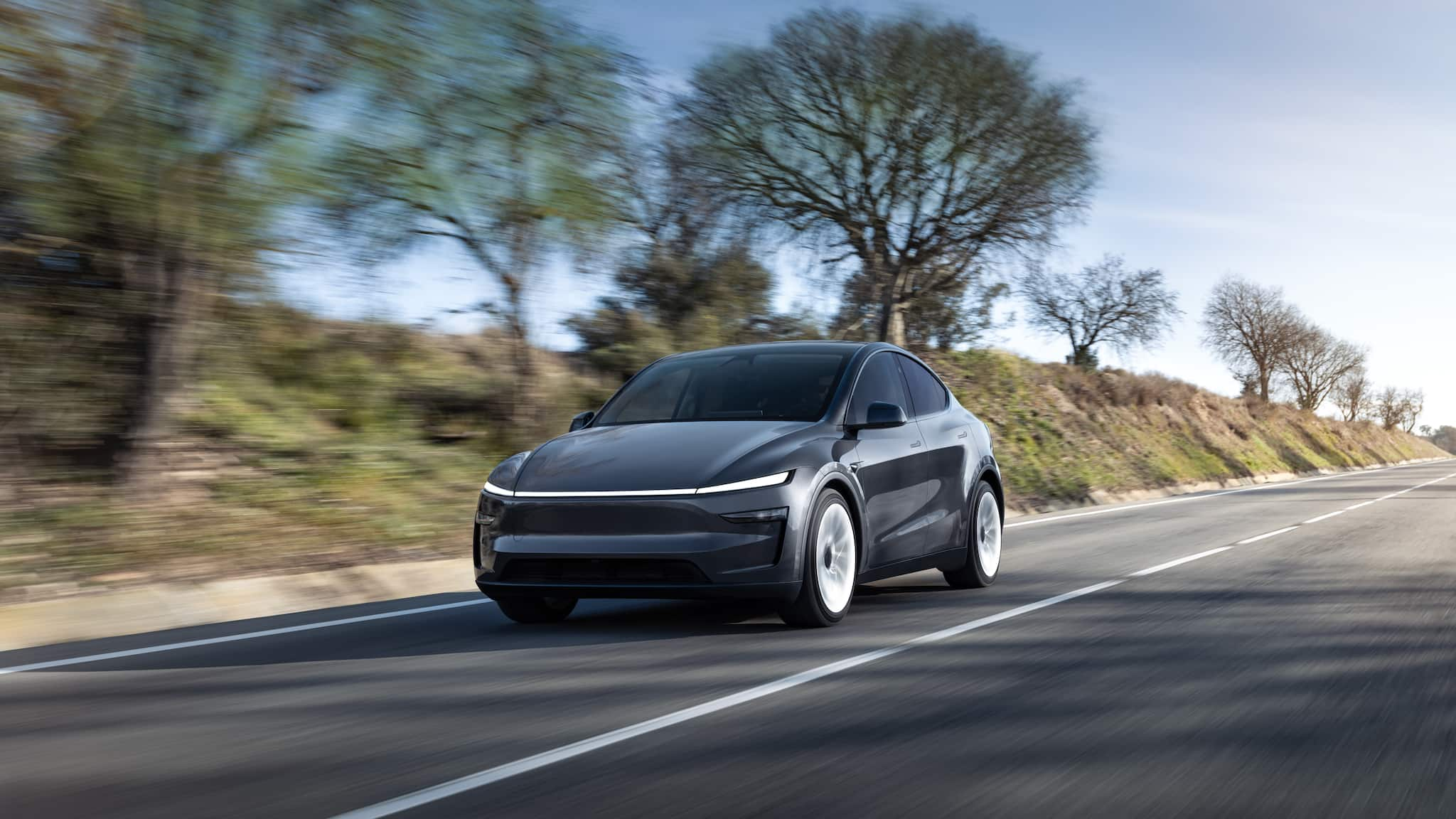Driving the Future Responsibly: China Issues Ethics Guidelines for Autonomous Vehicle Tech

China's Ministry of Science and Technology (MOST) has taken a significant step towards ensuring the responsible development and deployment of autonomous vehicle technology. On Wednesday, the Ministry officially released a comprehensive guideline outlining ethical considerations for research and development in this rapidly evolving field. This proactive measure aims to mitigate potential ethical risks associated with the technology, both during the research phase and in its eventual application on public roads.
The guideline arrives at a crucial juncture. As autonomous driving technology advances, complex ethical dilemmas are emerging – questions surrounding accident liability, data privacy, algorithmic bias, and the impact on employment. China, a global leader in both autonomous vehicle development and artificial intelligence, recognizes the importance of addressing these concerns head-on to foster public trust and ensure a safe and equitable transition to a future dominated by self-driving vehicles.
Key Areas Covered by the Ethical Guideline:
- Human Safety as Paramount: The guideline explicitly prioritizes human safety above all else, requiring developers to rigorously test and validate their systems to minimize risks.
- Data Privacy and Security: Recognizing the vast amounts of data collected by autonomous vehicles, the guideline emphasizes the need for robust data protection measures and transparency regarding data usage. It calls for clear consent mechanisms and adherence to privacy regulations.
- Algorithmic Fairness and Bias Mitigation: A core concern is addressing potential biases embedded within algorithms that could lead to discriminatory outcomes. The guideline encourages developers to actively identify and mitigate these biases, ensuring fairness and equity across all demographics.
- Transparency and Explainability: The guideline promotes transparency in the decision-making processes of autonomous vehicles. Developers are encouraged to strive for explainable AI (XAI), making it easier to understand why a vehicle made a particular decision, particularly in accident scenarios.
- Accountability and Liability: Establishing clear lines of accountability in the event of accidents is a key challenge. The guideline encourages research into frameworks that define responsibility between developers, manufacturers, operators, and users.
- Social Impact and Employment: The potential impact of autonomous vehicles on employment is acknowledged. The guideline calls for proactive consideration of retraining and support programs for workers displaced by automation.
Why This Matters for Ireland (and the World):
While this guideline originates in China, its implications extend far beyond its borders. The ethical challenges surrounding autonomous vehicles are universal. Ireland, like other nations, is actively exploring the integration of autonomous technologies into its transportation systems. This Chinese guideline provides valuable insights and a framework that can inform the development of similar ethical standards globally. It underscores the importance of a proactive, rather than reactive, approach to regulating this transformative technology.
The release of this guideline signals China’s commitment to responsible innovation in the autonomous vehicle space. It’s a crucial step in building public confidence and paving the way for a future where self-driving vehicles can safely and ethically serve society.
Looking Ahead: The MOST’s guideline is expected to evolve as the technology matures and new ethical challenges emerge. Continuous dialogue between researchers, policymakers, and the public will be essential to ensure that autonomous vehicle technology is developed and deployed in a way that benefits all of society.






